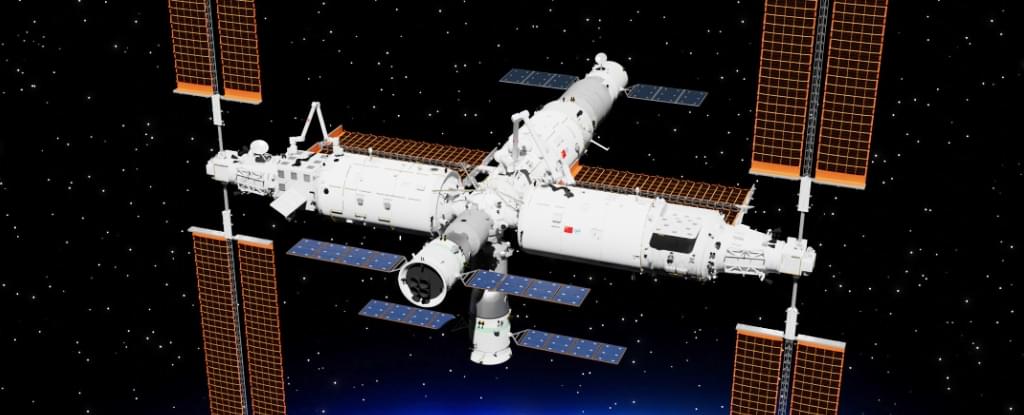Swabs from China’s Tiangong space station reveal traces of a bacterium unseen on Earth, with characteristics that may help it function under stressful environmental conditions hundreds of kilometers above the planet’s surface.
Naming their discovery after the station, researchers from the Shenzhou Space Biotechnology Group and the Beijing Institute of Spacecraft System Engineering say the study of Niallia tiangongensis and similar species could be “essential” in protecting astronaut health and spacecraft functionality over long missions.
The swabs were taken from a cabin on board the space station in May 2023 by the Shenzhou-15 crew as part of one of two surveys by the China Space Station Habitation Area Microbiome Programme.
